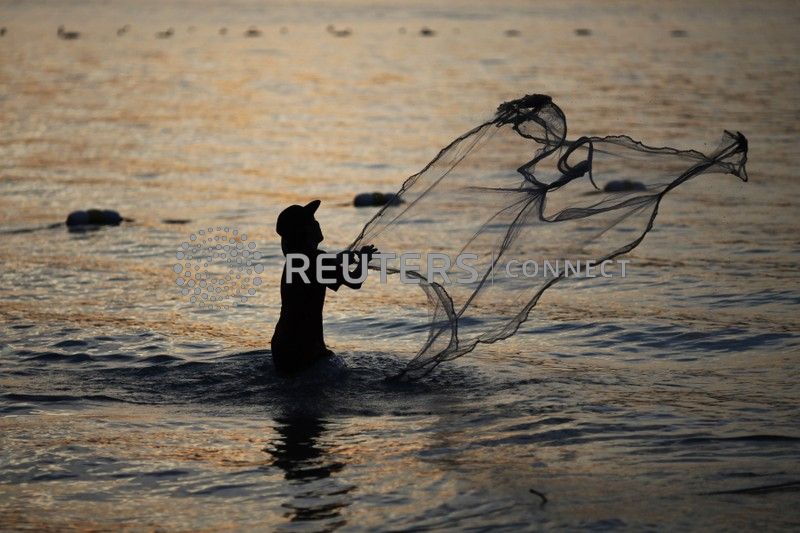BANGKOK (Thomson Reuters Foundation) – Teenagers could work as unpaid interns on Thai fishing vessels in a proposed change to the law that activists fear will encourage child labour.
An amendment to a ministerial regulation – aimed at protecting workers – underwent a public hearing on Thursday in answer to years of global criticism over industry abuse.
Labour rights campaigners voiced concern over a clause under consideration that would let owners employ a relative as young as 16 as an intern on his vessel.
It would only become law after scrutiny by the Council of State, the government’s legal arm, with no clear timeline given.
“This will be a loophole for employers to get children to work for them under the guise of training,” said Adisorn Kerdmongkol, a coordinator at the Migrant Working Group (MWG), a network of non-governmental organisations promoting rights.
The amendment was proposed last year by the National Fisheries Association of Thailand, which said it was essential to ensure that children “develop a love for the occupation”.
“We don’t consider them as labour, they are just observers,” chairman Kamjorn Mongkhontreelak told the Thomson Reuters Foundation.
“They might do some light work such as learning how to drive the vessel and use a few tools, but nothing heavy.”
The Department of Labour Protection and Welfare did not allow the media to attend its hearing on Thursday.
Department inspector Jarunchai Korsripitakkul, who was at the meeting, told the Thomson Reuters Foundation the purpose of the clause was for training and not for work.
“But we need to be careful with training hours, especially at night,” he said.
Papop Siamhan, an independent lawyer specialising in human trafficking, said the clause conflicted with Thai law, which prohibits children under 18 from working on fishing vessels and classifies such work as hazardous.
“This clause must be removed because it affects children’s rights,” he said.
In its latest report in 2018, the United States ranked Thailand as making a moderate advancement in eliminating the worst forms of child labour, down from a significant effort the year before.
Worldwide, an estimated 152 million children are employed in child labour, making everything from clothes to coffee. About half are engaged in dangerous work in sectors such as construction, agriculture, mining and manufacturing.


